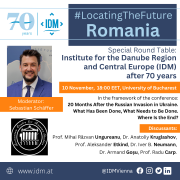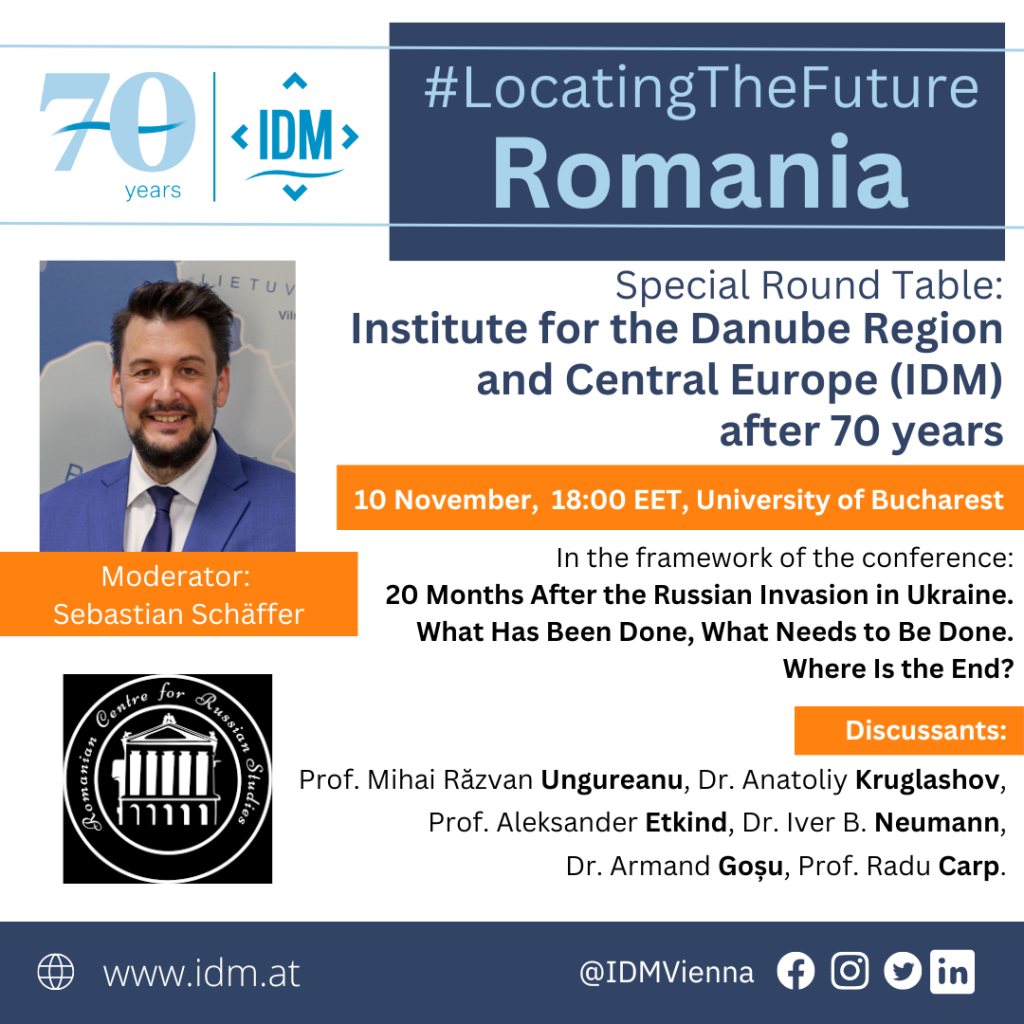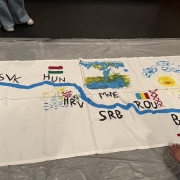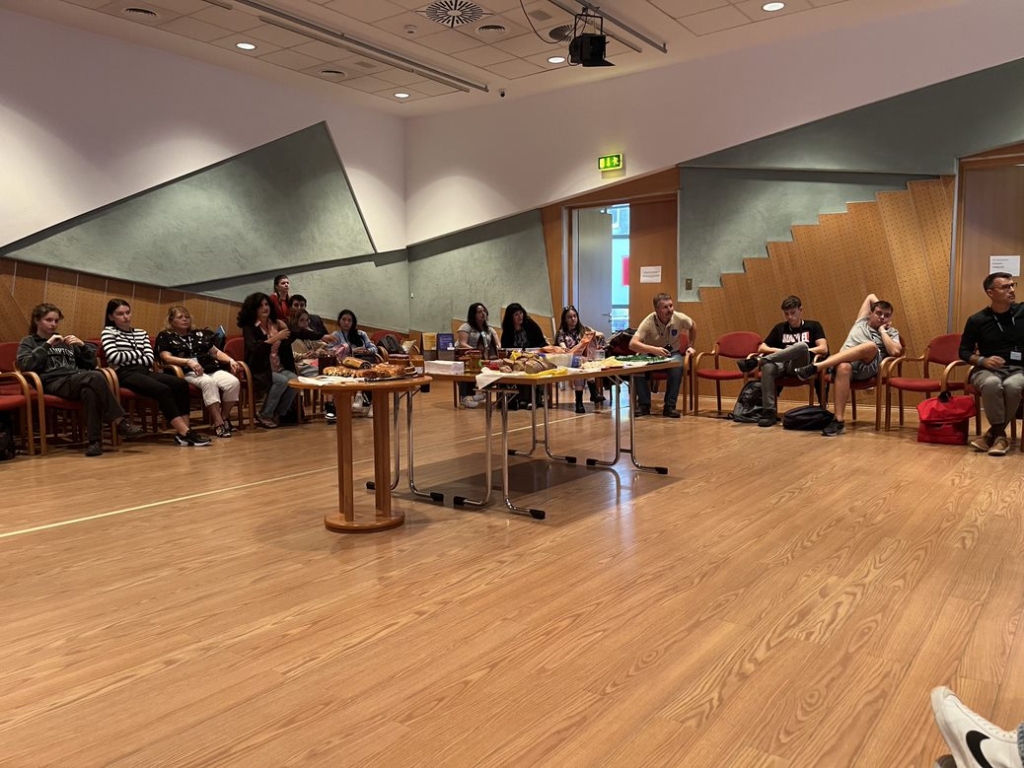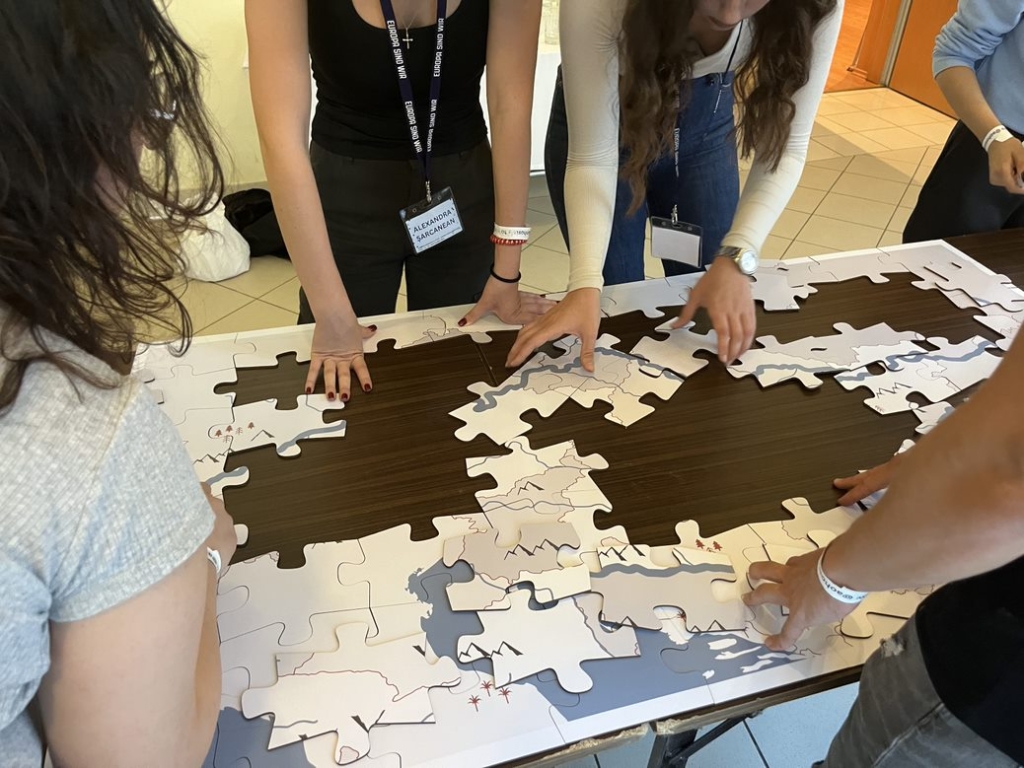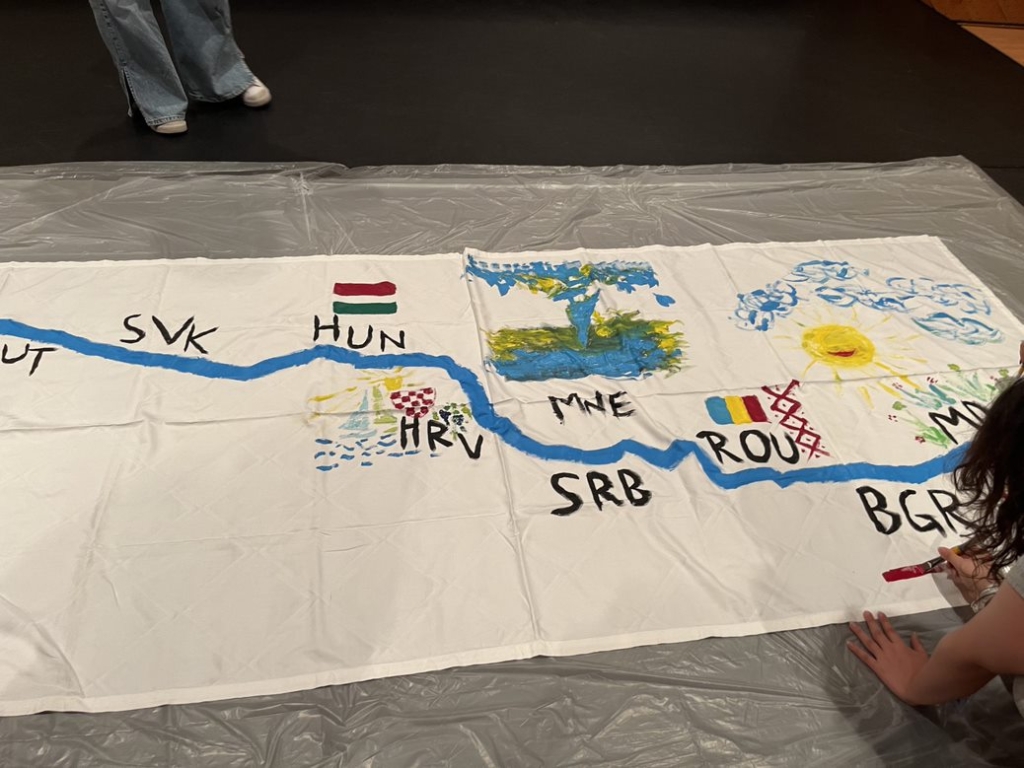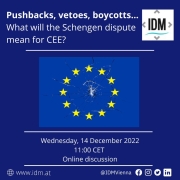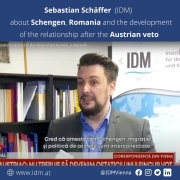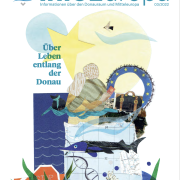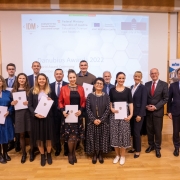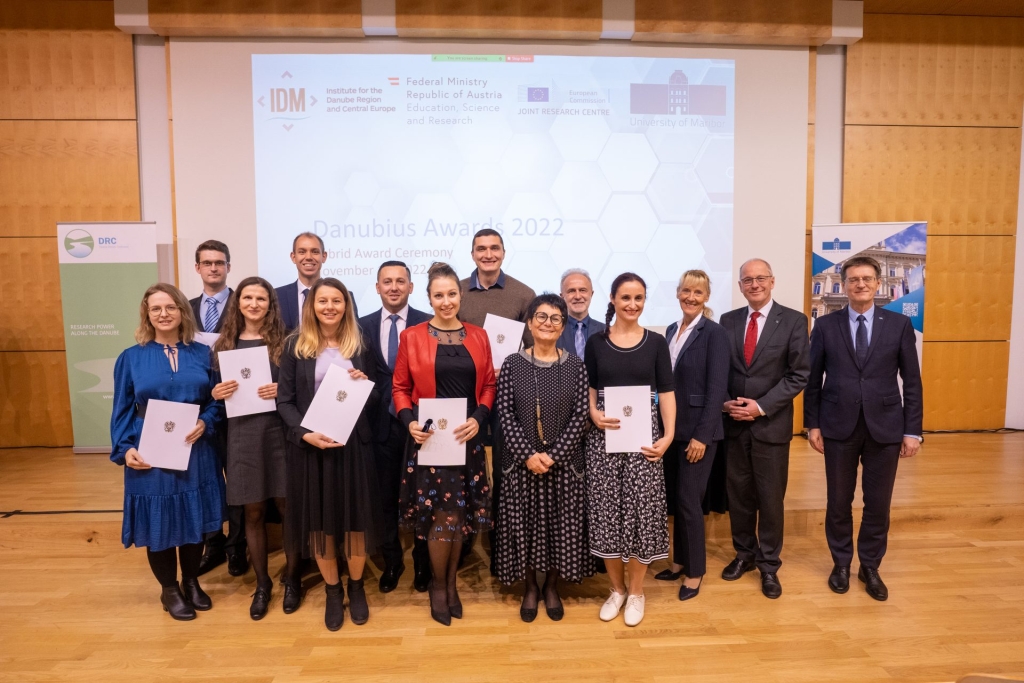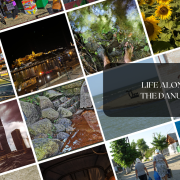Air Schengen – progress or precedent?

Congratulations are in order for Romania and Bulgaria as they join the Schengen area, with the lifting of maritime and air border controls after years in the waiting room. However, there is a catch to this long-awaited moment. In their new entry on the IDM Blog, Sophia Beiter and Sebastian Schäffer explain what is problematic about this solution and why its gravity is not as substantial as announced.
Romania, Bulgaria and Austria have apparently made progress in their negotiations on the accession of the two Black Sea countries to the Schengen area. It has been reported that Austria may agree to the establishment of the so-called “Air Schengen” for Bulgaria and Romania as early as March 2024, which was proposed by the Federal Minister of the Interior Gerhard Karner earlier this month.
What is “Air Schengen”?
Partial Schengen entry by air would mean that passengers from Romania and Bulgaria would no longer have to fly to other Schengen countries via the international terminal. In terms of air (and sea) transport, Bulgaria and Romania would therefore be part of the Schengen area. However, border controls by land would continue.
In principle, opening the borders for air traffic represents progress in the protracted Schengen accession negotiations and is therefore to be welcomed. Nevertheless, “Air Schengen” does not replace full Schengen membership.
Why “Air Schengen” is not enough:
1. The agreement comes rather late, especially in view of the fact that the European Commission declared Bulgaria’s and Romania’s readiness to join the Schengen area back in 2011. A compromise like Schengen entry by air and/or sea could therefore have been struck over a decade ago and especially helped to avoid the diplomatic faux pas from last December, when Austria vetoed the accession. However, there is a strong possibility that the decision was ultimately not taken by Karner, but in the Federal Chancellery. In any case, such a compromise could potentially set a dangerous precedent. If additional barriers are added to the criteria that need to be fulfilled e.g. to join Schengen, this could ultimately be extended to other policy areas or enlargement in general. This compromise therefore not only creates an additional possibility to veto and thus extort countries but also contributes to a multi-layered, potentially two-class EU, which adds unnecessary complexity as well as frustration.
2. Border controls in air traffic affect far fewer people and are far less problematic in terms of waiting times, bureaucracy and CO2 emissions. Business travellers and tourists to and from Bulgaria and Romania may have less waiting time at the airport, but trucks will continue to get stuck at border controls for long periods of time. Even with the (mostly questionable) reintroduced border controls among Schengen members, the average waiting time between Upper Austria and Bavaria, for instance, is 20 minutes, compared to a mean six hours at the border to Romania and/or Bulgaria.
3. Austria has announced a number of conditions for the implementation of Romania’s and Bulgaria’s partial Schengen accession: an increase in the Frontex mission; more money, personnel and material for the protection of external borders; and that Romania and Bulgaria take in more asylum seekers, particularly from Afghanistan and Syria. While stricter border controls could be accepted by Romania and Bulgaria, the last demand is logistically and politically rather unrealistic. In mid-December, Prime Minister Denkov still vehemently rejected this “migrants for Schengen” offer. It also undermines to a certain extent the deal struck just over a week before on 20 December at the European Parliament, which commits the national governments of member states to show more solidarity and share responsibility regarding asylum and migration.
For more on the topic watch the discussion: The Future of the Schengen Area: Exploring its Enlargement.
Read the op-ed (in German) in Die Presse.




